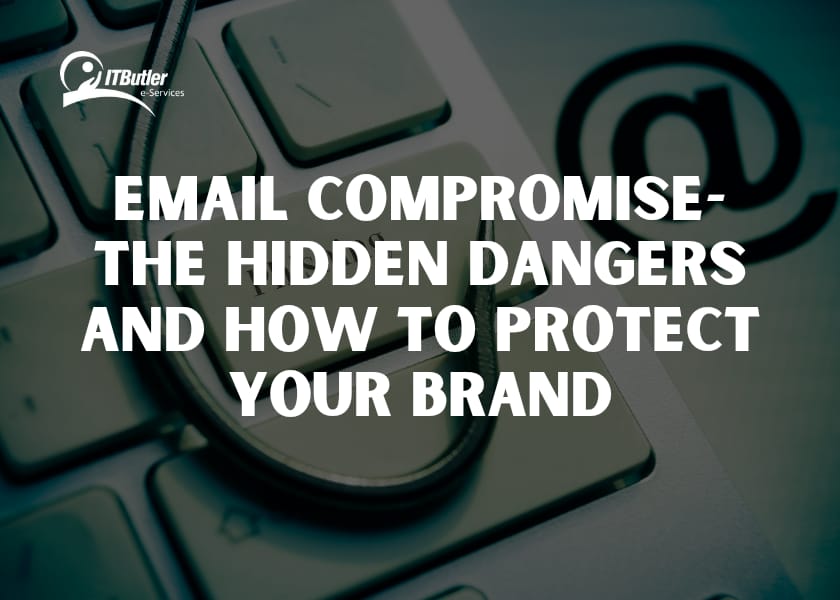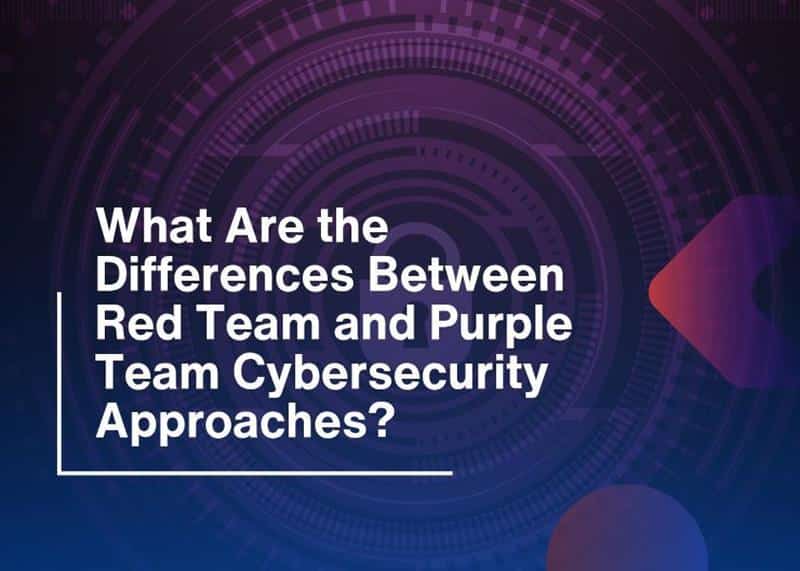Writing emails is one of the favorite chores in this fast world of digitalism. As we write emails for our workplace and to receive marketing offers. However, while we try to catch up with the hundreds of entries in our inbox. There is one thing hiding behind them, and that is email compromise. If you don’t keep an eye open, it can have quite disastrous effects on your brand. So, let’s break it down and show you how to stay safe.
What Is Email Compromise?
You are at work, on a hot sunny day with your coffee, thoughtlessly clicking through your inbox. Suddenly, an email appears from your trusted colleague asking you to lend some money or share sensitive information. What’s the big deal? Absolutely nothing! Well, think again because this email might not be coming from your colleague but from cybercriminals trying to trick you.
Email compromise is a situation when hackers get access to your email account without permission. Further, they impersonate people who are close to you to commit fraud. Business Email Compromise (BEC) is just one of the most common forms of email compromise. However, it’s a kind of attack that targets companies and organizations with financial gain. Moreover, remember these internet scammers are pros in what they do.
Types of Email Compromise
There are so many means that email compromise can take, not as obvious as you might think. Here are some of the common tactics cybercriminals use to pull off their shady schemes:
1. Phishing Attacks
You might have some idea of what “phishing” is. If you don’t have then let me brief it. Phishing refers to a form of hacking. When spammers send you emails to get your private information, be it a password or credit card number. Imagine an email that says it’s from your bank asking you to reset your password. However, you click the link, fill in your details, and boom! Hackers get it all.
2. Spoofing
Spoofing is when an email appears to you as originating from someone you would trust. That could be your boss or even your CEO. However, the email address is good, but in reality, this is only a trick. Perhaps they’ll ask you to send money somewhere or share company confidential information. But before you know it, you’ve fallen into their trap.
3. Account Takeover
Attackers get your login credentials by phishing, and then they gain the full privilege to control your email account. However, once inside they can send mail from your inbox, change your settings, and even lock you out. Likewise, somebody gets a handle on your house and pretends to be you!
4. CEO Fraud
One of the most widely known BEC scams is CEO fraud, in which the hacker pretends your firm’s top executive. These hackers target the employees within the finance department and scam them into wiring money or sharing sensitive data. It’s like being bossed around by a fake boss, and who wants that?

Why Should You Care About Business Email Compromise?
I can see you looking confused, Well this all sounds terrible, but how does impact me or my brand? Well, these compromised e-maisl can trash your entire brand reputation in a while. As they fetch all of your sensitive information. Here is why compromised emails are a big deal:
1. Financial Loss
Email compromise scams, especially Business Email Compromise (BEC), can result in enormous financial loss. For example, accidentally wiring thousands (or even millions) of dollars to a scammer. It’s embarrassing enough, but costly too.
2. Damage to Reputation
Trust is everything in business. It would be daunting if your customers or partners eventually discover that you have been compromised. However, their confidence in your brand will be shaken. After all, nobody would want to work with a company that could be easily threatened by hackers.
3. Legal Troubles
Depending on the type of breach, you might have to face legal troubles sometime. If you get your customers’ sensitive information stolen. Then you may find yourself dealing with data protection laws and regulations.
4. Downtime
Recovery from email compromise is far from quick. However, you have to investigate the breach, and then restore compromised systems. All this sums up to a loss in productivity and potential business disruptions.
How to Protect Against Email Threats
Now let’s talk about how to protect your brand against email compromise. However, there is much you can do to make email security solid.
1. Implement Strong Passwords
We’ve all done this at one point in our lives – use “password123” or your pet’s name as a password. But now’s the time to get serious, though! The answer is simple, do not use weak passwords! Use a password with numbers mixed into it. Also, don’t reuse the password for security reasons.
2. Turn on Two-factor authentication (2F- A)
Spamming logs of what’s happening in your system is equal to one-factor authorization. So Add an extra lock on your front door and two-factor security verification. Even if hackers snatch your password, they still need to have another backup verification. Thus, It’s a pretty easy way to stop hackers when they come in.
3. Train Your Team
Your employees will be your first line of protection against email-based phishing scams. Educate them so that if they see a phishing email they will understand what it probably is. Moreover, remember when your boss all of a sudden emails and asks for $50,000, it’s worth double-checking.
4. Verify Requests for Financial Transactions
Always verify before sending money. If you receive an urgent email from a colleague asking for a transfer, call them or take it offline. As it may take you two minutes only, it can save you from a headache.
5. Use Email Encryption
Email encryption means that only the person receiving your private letter can read it. Likewise, you sealed your letter in an envelope, but not on a postcard. Hence, it is critical when you forward your financial information or personal data.
6. Regularly Update Your Security Software
However, outdated software is more likely to be hacked. So, regularly update your software to avoid any sort of virus.
7. Monitor Your Email Activity
Monitor your email logs and activity for unusual behavior regularly. If anyone logs in from a different location, then it’s time to investigate. Ultimately, it will prevent a full disaster.
What to Do if You’ve Been Compromised
1. Change Password Now
Once you realize something’s wrong, then you should change your email password to something strong and unique. This will lock the attacker out of your account.
2. Notify Affected Parties
If during the attack sensitive information was exchanged, notify the affected parties right away. As the truth and transparency can help you to rebuild the trust lost.
3. Contact Your IT Team
Call your IT team immediately They can aid if you search to perform an investigation into the breach. Moreover, they can estimate what has been damaged and establish how potential attacks can be averted.
4. Review and Revoke Access
Review account settings and connected apps. Moreover, make sure no unauthorized access is left anywhere. Revoke all third-party apps or services that suspect you’re being compromised.
Conclusion
Email compromise is an increasingly serious threat, but it doesn’t have to determine disaster for your brand. However, email will get the better of you if you make the right proactive steps toward ensuring email security. Keep in mind, that it’s always better to be safe earlier than being sorry!
So the next time you get an email that feels just a little too urgent, double-check and stay secure. Your brand, and your peace of mind, are in your hands.





